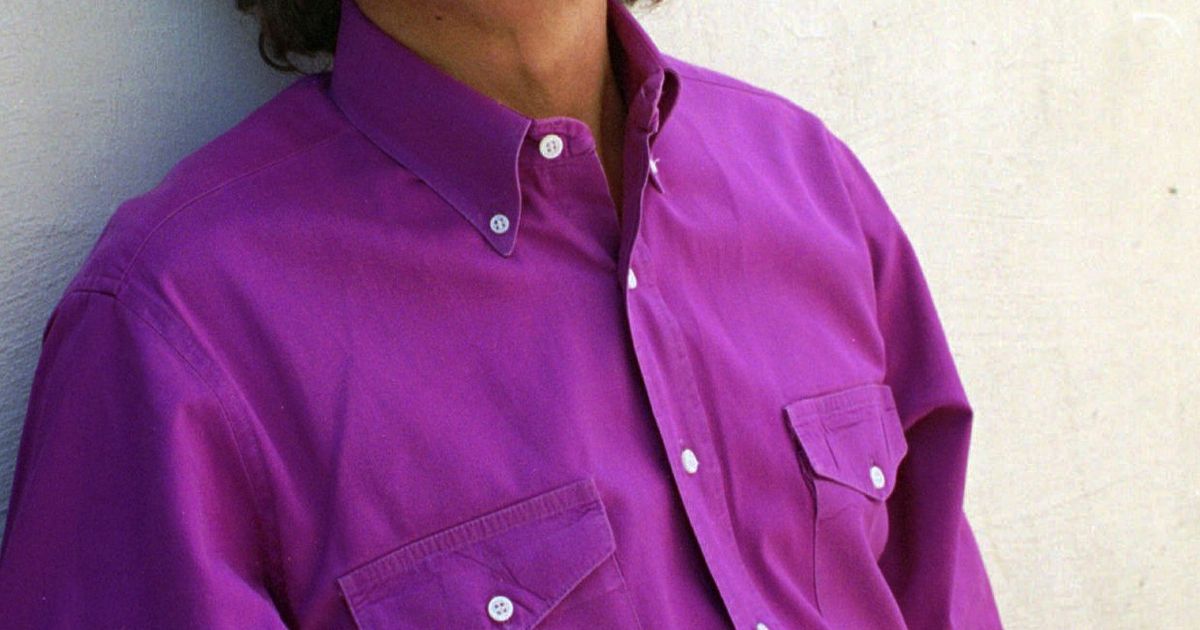“This may be the case, as cocaine targets the brain, and hyperactive and erratic behaviour has been noted in other animals. It’s a possibility and further studies are required,” said Dr Enrico Mendes Saggioro, an ecotoxicologist from the Oswaldo Cruz Institute.
The researchers acquired the small sharks from fishing boats that ply the coastal waters off Rio de Janeiro.
After dissecting them and subjecting them to tests, they found concentrations of cocaine up to 100 times higher than previously detected in other marine animals. The scientists described their findings as “worrying” for the marine ecosystem.
Damaging to eyesight
One way cocaine may damage sharks’ health is by affecting their eyesight, affecting their capacity to hunt.
“You might start to see lower fecundity and growth rates,” Dr Tracy Fanara, an ecotoxicology and environmental engineering expert from the University of Florida, said.
She agreed that there was no evidence, as yet, to suggest that cocaine encouraged crazed behaviour or feeding frenzies in sharks.
“They may not be going nuts from the cocaine, but it could reduce their life expectancy,” said Fanara. She took part in the Discovery Channel film Cocaine Sharks, which explored whether sharks in the Gulf of Mexico were feeding on cocaine packages dumped by traffickers.
Fanara added: “This is representative of problems all over the world, whether it involves cocaine or fertiliser or herbicides.
#Sharks #test #positive #high #levels #cocaine #coast #Brazil













